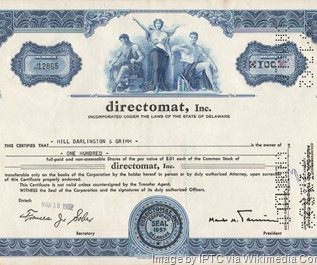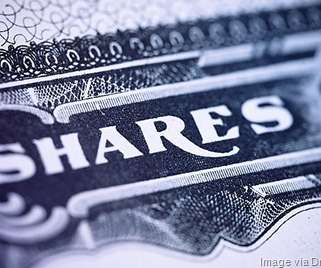8 Keys To Maximizing Your New Venture Stock Net Worth
Startup Professionals Musings
SEPTEMBER 27, 2023
Even though initial stock has no value or market, it is extremely valuable in dividing entity ownership between multiple co-founders, commensurate with their investment, contribution and role. Startup owners need to assume a three to five year wait for a liquidity event, such as acquisition or going public, before they can cash out.















Let's personalize your content